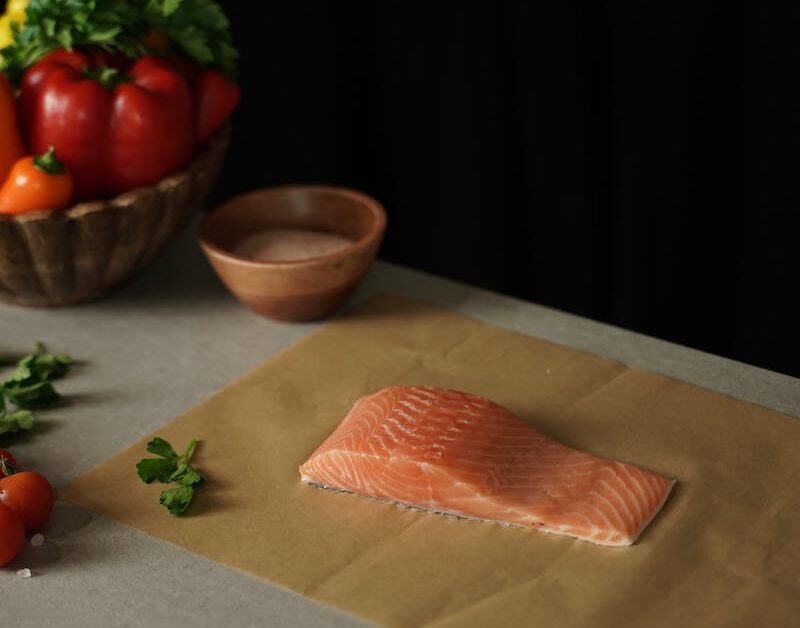Falafel is a popular Middle Eastern dish made from ground chickpeas or fava beans, mixed with herbs and spices, and then deep-fried. It is typically served in a pita bread or as part of a mezze platter with various accompaniments. While falafel is a beloved food for many, those following a ketogenic diet may wonder if it is compatible with their eating plan. In this article, we will explore the question, “Is falafel keto?” and provide valuable insights into the nutritional composition of falafel and its compatibility with a ketogenic diet.
The Nutritional Composition of Falafel
Before determining whether falafel is keto-friendly, it is essential to understand its nutritional composition. The primary ingredients in falafel include chickpeas or fava beans, herbs, spices, and oil for frying. Let’s take a closer look at the macronutrient breakdown of falafel:
- Carbohydrates: Falafel is relatively high in carbohydrates due to its main ingredient, chickpeas or fava beans. A typical serving of falafel (100 grams) contains around 20-25 grams of carbohydrates.
- Protein: Falafel is a good source of plant-based protein. A 100-gram serving of falafel provides approximately 13-15 grams of protein.
- Fat: The fat content in falafel primarily comes from the oil used for frying. A 100-gram serving of falafel contains around 10-15 grams of fat.
- Fiber: Chickpeas and fava beans are rich in dietary fiber, which can help promote satiety and support digestive health. A 100-gram serving of falafel typically provides 5-7 grams of fiber.
Is Falafel Keto-Friendly?
Now that we understand the nutritional composition of falafel, we can evaluate its compatibility with a ketogenic diet. The ketogenic diet is a low-carbohydrate, high-fat eating plan that aims to induce a state of ketosis in the body. To achieve ketosis, individuals following a ketogenic diet typically limit their carbohydrate intake to around 20-50 grams per day.
Based on its carbohydrate content, falafel is not considered keto-friendly. A single serving of falafel can easily exceed the daily carbohydrate limit for those following a ketogenic diet. However, it is important to note that the macronutrient composition of falafel can vary depending on the recipe and cooking method.
Alternatives to Traditional Falafel
If you are following a ketogenic diet but still crave the flavors of falafel, there are alternative recipes that can be modified to fit your dietary needs. Here are a few ideas:
- Keto-friendly falafel: You can create a low-carb version of falafel by substituting the chickpeas or fava beans with ingredients such as cauliflower, zucchini, or almond flour. These alternatives can help reduce the carbohydrate content while still providing a similar texture and flavor.
- Lettuce wrap: Instead of serving falafel in a pita bread, opt for a lettuce wrap. Use large lettuce leaves as a substitute for the bread, and fill them with falafel, fresh vegetables, and a keto-friendly sauce.
- Falafel-inspired dishes: Get creative and incorporate the flavors of falafel into other keto-friendly dishes. For example, you can make a falafel-inspired salad by combining mixed greens, cherry tomatoes, cucumber, olives, and a tahini dressing.
Conclusion
While traditional falafel is not considered keto-friendly due to its high carbohydrate content, there are alternative recipes and modifications that can be made to enjoy the flavors of falafel while following a ketogenic diet. By substituting the main ingredients or exploring falafel-inspired dishes, individuals can still satisfy their cravings while adhering to their dietary goals. As with any dietary decision, it is important to consider individual nutritional needs and consult with a healthcare professional or registered dietitian before making significant changes to your eating plan.
